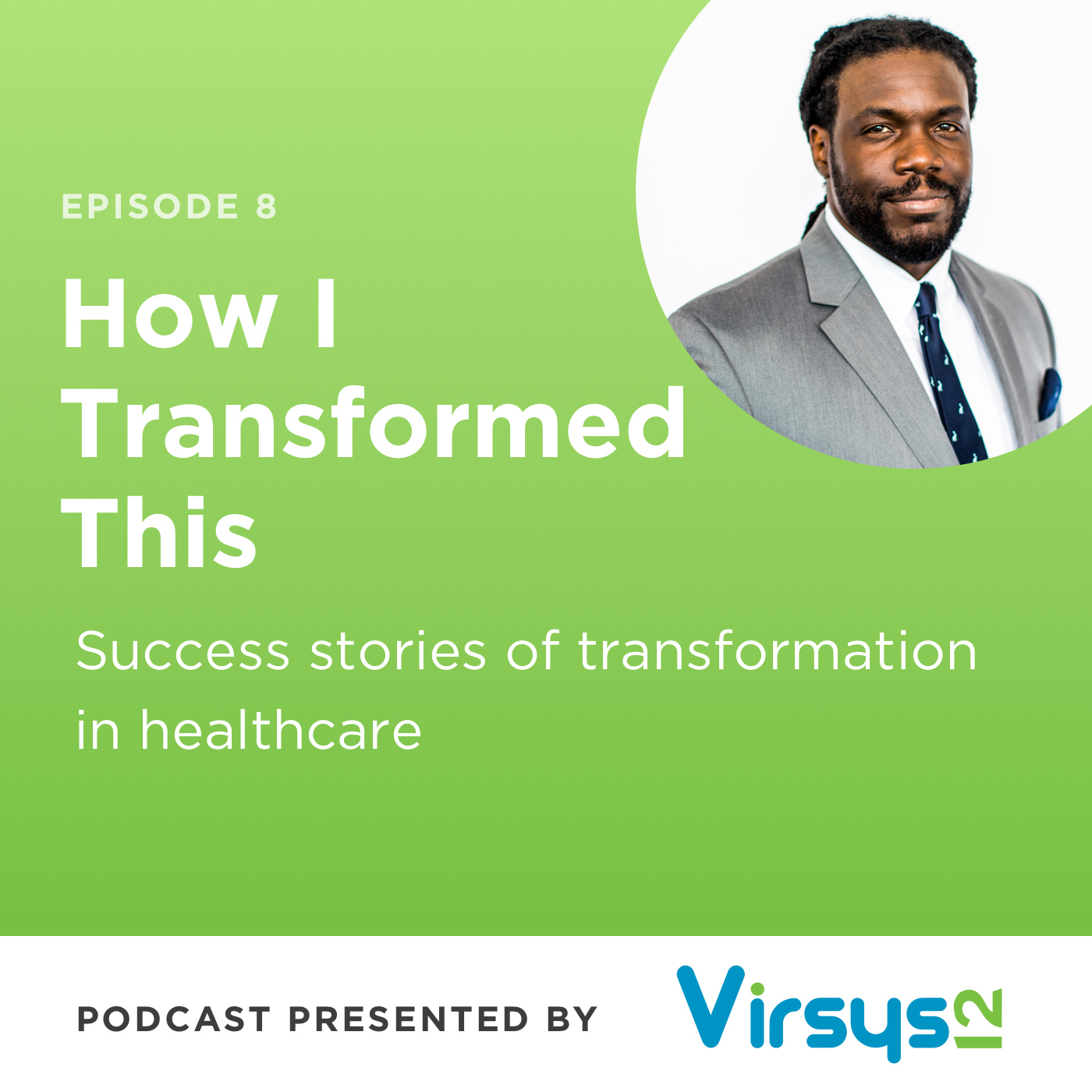Healthcare Marketing Challenges
Though Whitney knows great digital marketing is possible in the healthcare space, he also recognizes the challenges the industry faces.
As members of an industry that primarily provides services to people who are sick, healthcare companies have to find unique messaging strategies, because “who wants to be marketed to about being sick?” Whitney pointed out.
Additionally, healthcare transactions are complicated because the patients aren’t directly paying for the services they receive.
But one of the biggest challenges for healthcare marketers comes from the sensitive nature of most patient and provider interactions.
When a person receives treatment for a health concern, “the nature of the transaction is very sensitive” Whitney said. “The information can really impact a person’s life and livelihood if it gets out.”
This is further complicated by the information people may choose to share on social media. Just because someone posts about a health concern doesn’t mean they want to receive marketing relating to that information. Healthcare companies, social media platforms, and legislators alike have struggled with how to protect people’s information.
“They’re trying to retroactively create policies for a world we’ve all, by default, opted into because we like the convenience of what it all provides to us. So they’re trying to protect us when we don’t really want to be protected,” Whitney said.
Developing a New Mindset
In spite of these challenges, Whitney remains convinced that innovative marketing is not just a smart business strategy, it’s essential to the future of the industry.
“When you watch the political debates, healthcare is the number one issue, and it’s been the number one issue for three or four different election cycles now,” he said. “So there’s a moral and ethical imperative that we kind of get past the slog of this conversation and start to have some intelligent conversation.”
Whitney emphasized the importance of developing a new mindset around healthcare marketing, one that focuses less on the limitations and more on the possibilities.
Traditionally, healthcare executives haven’t wanted to try marketing, because it’s risky and unfamiliar.
“The CIOs are telling them ‘don’t do it,’ because they’re not revenue-oriented, they’re operations and risk management oriented,” he explained.
In contrast, marketers tend to be less risk averse, something Whitney believes new healthcare companies should prioritize.
“Companies that enter healthcare but start with strong marketers are going to be able to kill it. Because they’re going to start with black-list mentality instead of a white-list mentality, which is like, ‘just tell me the things I can’t do, and I’m just going to do everything else,’” he said. “It’s just a different perspective.”
Investing in an Ecosystem
As healthcare companies look to expand their digital marketing, Whitney stressed the importance of finding tools that are prepared to deal with the unique challenges of the industry.
“Healthcare companies like to work with companies that speak healthcare, they don’t love doing general tech,” he explained. “They just feel like if you market and position yourself around healthcare then you at least understand the labyrinth that you have to navigate in order to be able to execute anything with technology.”
For this reason, Whitney recommends Salesforce as one of the best tools for healthcare companies. Though other marketing suites have their own strengths, they aren’t equipped with tools to help organizations navigate issues like compliance, he said.
“If you’re in healthcare and you’re doing marketing, you pretty much have to use Salesforce,” he argued. “Because no one else has catered to the enterprise and the compliance requirements like Salesforce has.”
Additionally, the Salesforce ecosystem makes it easy to integrate other technologies, and it includes trainings that help get the whole team up to speed.
“Anytime you invest in software, you need to invest in an ecosystem,” he said.
Though healthcare companies may struggle to master the new world of digital marketing, Whitney believes the industry will be better off for it.
“I think this is a super fun time in healthcare. There are lots of opportunities,” he said. “The industry is definitely understanding that change is here, not coming, but here. And so they’re looking for how to leverage it and not get crushed by it.”
Subscribe to How I Transformed This wherever you get your podcasts, and be sure to sign up for our quarterly email newsletter to stay up to date on Virsys12’s latest transformational work.



